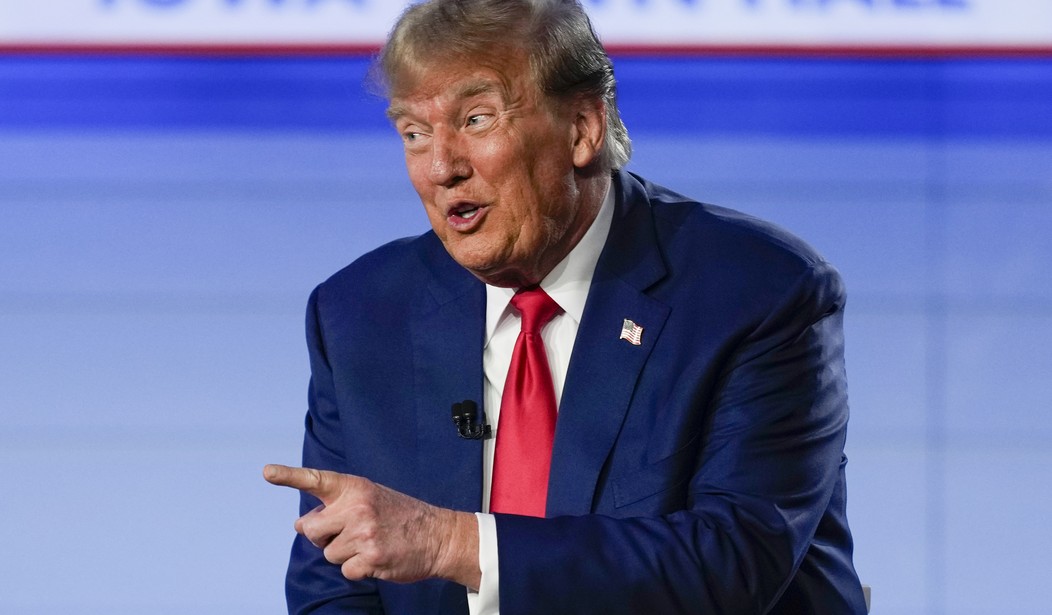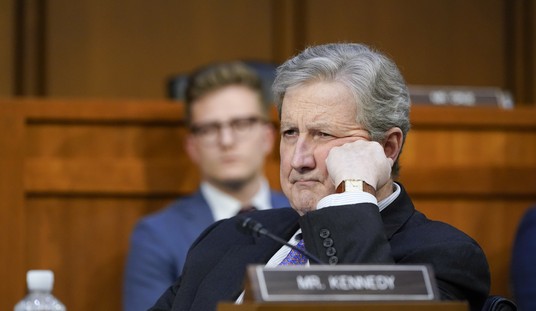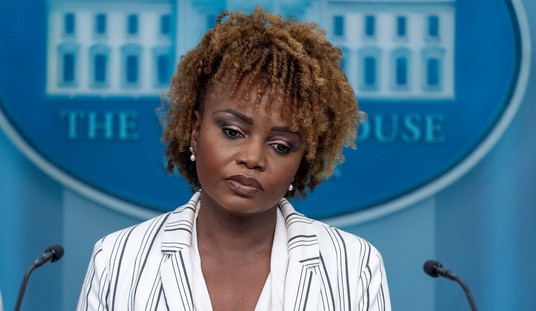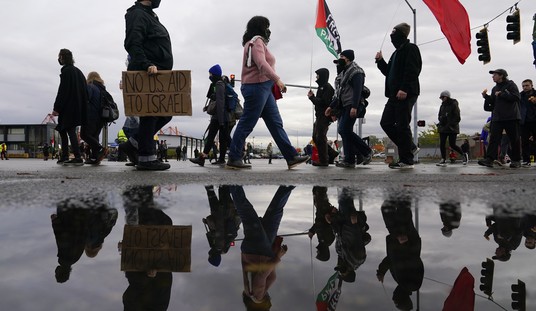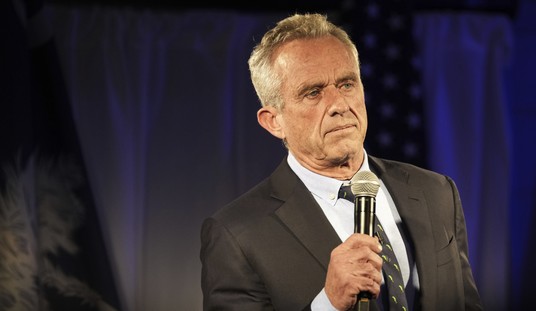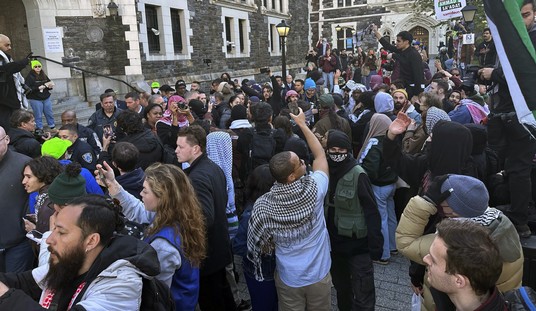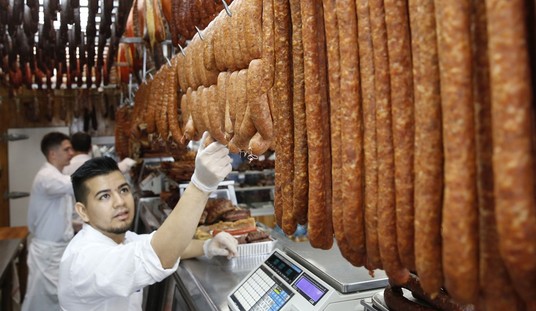Donald Trump’s victory in the Iowa caucuses was an impressive political feat on the surface.
And it set him up in this week’s New Hampshire primary for a strong showing, though he had to break off campaigning to attend one of his trials elsewhere.
This time, Trump wisely worked harder in Iowa than in 2016, when Ted Cruz beat him there. The former president, who’s abandoned his famous (and expensive) mass rallies for smaller events, did some 55 political appearances.
He won 98 of the 99 counties and earned half of Iowa's 40 delegates. He also became the first Republican or Democrat to capture a majority of caucus votes in a contested race there. Winning a majority is new for him.
This achievement prompted media, which loves to hate Trump, to proclaim him the virtually inevitable GOP nominee again seven months and numerous other primary votes from now. "It’s going to get late very early the day after New Hampshire,” said one GOP strategist.
What's the hurry? We're evaluating potential commanders in chief here, not a student council member.
Technically, Trump is not an incumbent. But, in effect, he is running as one, which always gives the president a leg up. Except in 1968, of course, when a Democrat challenger in New Hampshire revealed the Democrat incumbent’s weakness (the Vietnam War), forcing him to abandon reelection plans.
Rep. Dean Phillips is a Democrat attempting a similar feat this week.
Trump’s seemingly certain nomination, of course, counts on no unforeseen events. Anyone even casually following U.S. politics in recent times should be aware that unforeseen has become foreseen.
Now, we all know nothing is likely ever to dent Trump’s public confidence. And I doubt you’ve ever heard any presidential candidate say: “I’m not sure we have enough votes this time, folks. So, I’m prepared for a bad election night.”
Backstage at a New Hampshire political rally for his son in 2000, former President George H.W. Bush told me that he knew two weeks before the 1992 election that he was destined to lose to Bill Clinton.
How, I asked, did you keep on going? “Well,” he said, “in politics, you never know what might happen.”
Hillary Clinton's overconfidence caused the unexpected to happen in 2016, and its political tremors still rumble. I’ve always suspected that behind that smiling Trump face on Nov. 8, 2016, when he rode to vote with a granddaughter on his knee, he had his own serious doubts about that day’s election outcome.
Optimism is the keynote of all campaigns. “The first day is always the best day,” a veteran governor once told me. “After that, it’s all downhill. You just hope you get to the voting before you get to the bottom of the hill.”
Trump has been a different kind of politician, a fascinating, tumultuous one. The Fifth Avenue billionaire who was the only GOP candidate to detect and exploit the Heartland's anger. Remember the “Hollywood Access” tape? That certainly spelled doom to his newborn political career.
Except it didn’t.
Still, there were foreboding signs hidden within this Iowa vote that got glazed over like black ice on county highways. First, success in Iowa’s cumbersome caucuses has been an unreliable predictor of political success beyond.
Remember Presidents Gephardt, Huckabee, and Santorum, all Iowa winners? George W. Bush won big there in 2000 before getting severely spanked by 18 points in New Hampshire, courtesy of John McCain.
If, as polls indicate, there’s such overwhelming support among Republicans for Donald Trump’s return, why was turnout for these GOP caucuses the lowest in nearly a quarter-century? Only about one in six registered Iowa Republicans bothered to show up.
The Eastern national media, whose members would like a return to the bonanza Trump news cycles, decided it had nothing to do with Trump fatigue.
These Washington types, who find 38 degrees downright Arctic, ruled the cause was Iowa’s below-zero January days, which are quite normal. Also, a few Iowans may have chosen Monday night football on their couch over enduring long hours on folding chairs to witness familiar blather.
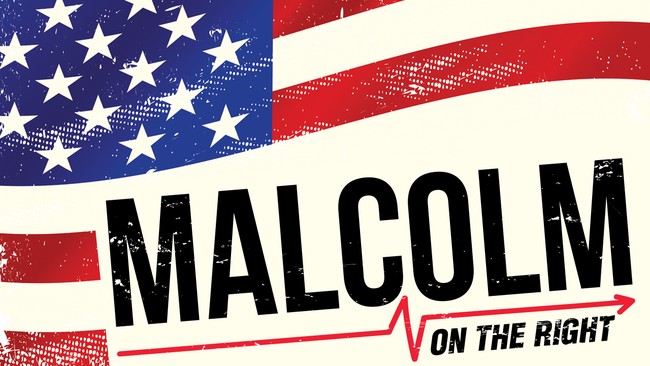
But that’s because they’ll be up in the dark by 5:30 the next morning to feed livestock, including Iowa’s population of 23 million hogs, seven times the human population.
There were only about 110,000 caucus-goers this time, down from 187,000 in 2016 when a brand-new Trump finished second, four points behind Cruz and only one point ahead of Marco Rubio.
Much was made in the current aftermath coverage about Trump’s majority vote. In 2016's crowded primaries, he got only 35 percent in New Hampshire, 33 percent in South Carolina, and 24 percent in Iowa.
Even in both of his presidential elections, Trump never got even a plurality of popular votes. In fact, his popular vote totals trailed both Hillary Clinton and Joe Biden.
Good thing Trump worked hard this time. If he had received just 1,110 fewer votes last week, media coverage would have focused on his failure to gain the forecast majority. That’s too close for comfort.
Nikki Haley was in third place, but only 2,335 votes behind Ron DeSantis.
Here’s what the Florida governor did to finish a distant second, 30 points behind Trump: DeSantis campaigned in all 99 counties. His people knocked on 947,000 doors. His 1,704 caucus captains identified 40,000 supporters, while volunteers made 268,000 phone calls in closing days. And the state’s governor endorsed him.
For all those miles driven, words spoken, hands shaken, hotels inhabited, ads bought, diner food downed, dollars spent, DeSantis got distant runner-up with 23,400 votes. He moved straight on to South Carolina, which votes Feb. 3.
Trump’s victory speech recited the familiar 2020 stolen-election lines, which will hurt if that persists come fall. But he was also uncharacteristically gracious, which would help if he continued with that tone:
I really think this is time now for everybody, our country, to come together…whether it’s Republican or Democrat or liberal or conservative, it would be so nice if we could come together and straighten out the world, I want to congratulate Ron and Nikki… They’re very smart people, very capable people.
Media proclaim that a Trump win in New Hampshire will seal the deal, if not, then in South Carolina.
Why, then, was Trump campaigning in Nevada this weekend? They don't vote until Feb.8.
He is racking up big-name endorsements, including former contender Tim Scott, who went with Marco Rubio in 2016. So, that's a slap at Nikki Haley, who named him a senator when she was South Carolina governor.
READ MORE: Trump Slamming Nikki Haley's UN Performance Says More About Trump Than About Haley
The welcome absence of Vivek Ramaswamy should help Trump this week. New Hampshire is often tricky, though. Independents there can vote in either party’s primary, which doesn’t bother Haley. Unexpectedly, independents helped soundly upset favored George W. Bush there in 2000, giving John McCain brief hope.
Without some surprise, like a Haley upset or close finish, it could appear that Trump has wrapped up the convention nomination in Milwaukee, which disheartens Never-Trumpers. Current hypothetical polling has shown Trump narrowly defeating Biden in key states come November, barring that omnipresent unforeseen.
Less noticed but significant is the same polling has shown Haley decisively defeating Biden come November.
Whatever happens in the next few weeks, it seems unlikely that either DeSantis or Haley will give up and terminate their campaigns. There will be great pressure to face the media’s reality and quit for the sake of party unity yada yada. Suspend perhaps, but remain as ready alternatives amid so many unknowns.
The unmentioned realities include Trump’s immense legal difficulties in several locales. Democrats’ political lawfare charging the former president with 91 criminal counts actually boosted the former president’s polling support among Republicans.
But proclaiming Trump the nominee too soon ignores the unknowns of what the broader voting public might think of what could come out of the serial trials that will occupy Trump’s days instead of campaigning. Plus, the PR impacts of any guilty verdicts and potential prison sentences.
There’s a reason, besides compiling lucrative fees, that Trump’s legal army is seeking to prolong the proceedings to delay any possible outcomes until after Nov. 5.
Also, what would happen if Biden’s vacation campaign continues to fail, or his health falters further, or if Democrat donors realize he can't recover from a job approval in the 30s? Or if nominee Trump is a convicted felon?
Always beware of the word “certainty” in any political coverage, especially this year.

